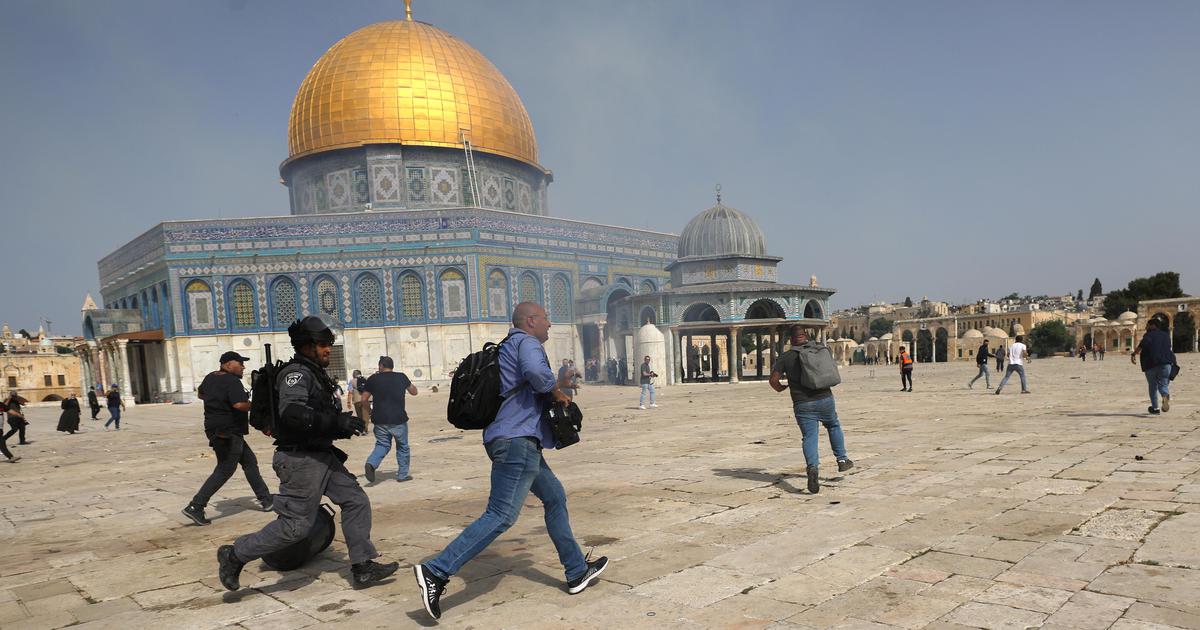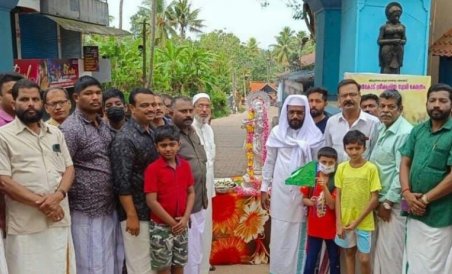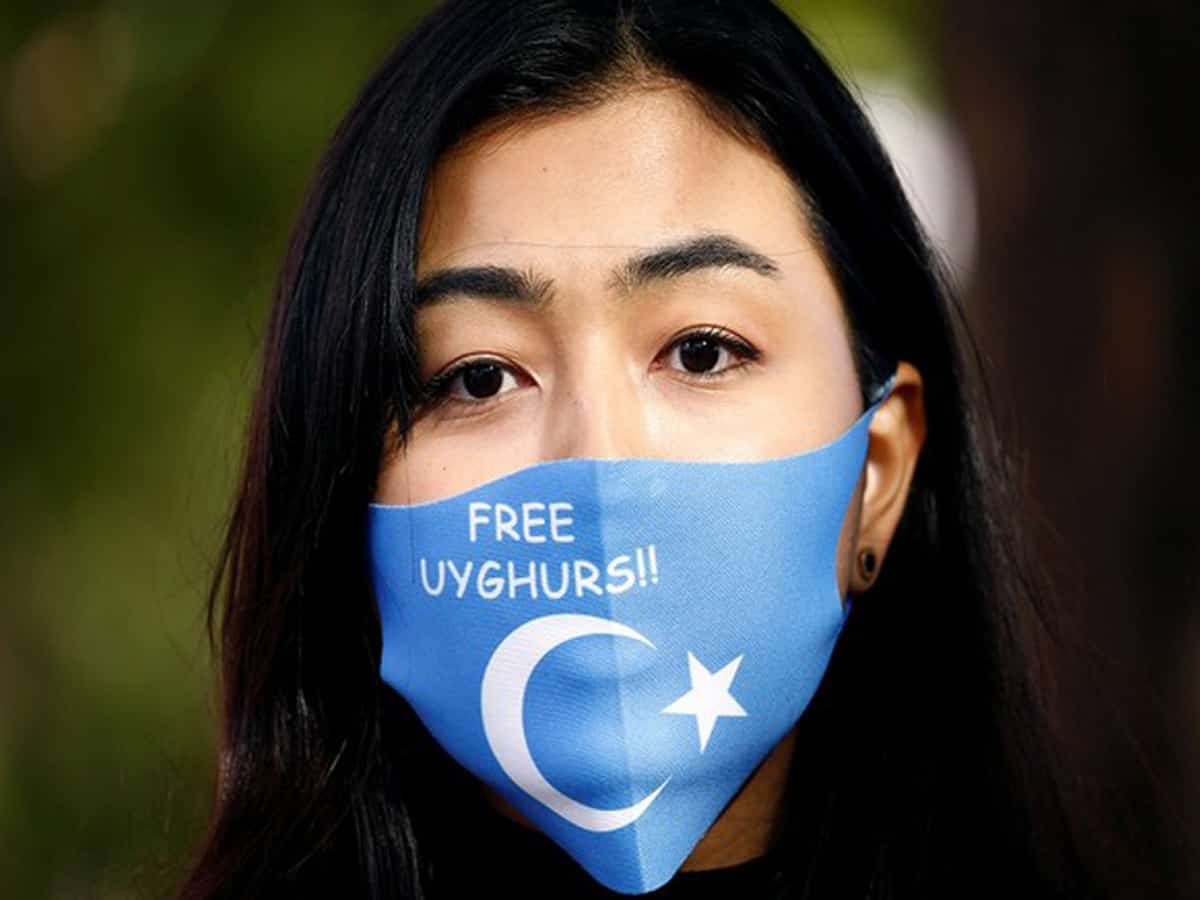
Al-Aqsa: Fortress of Faith and Emblem of Palestinian Resistance
Come Ramadan and the Palestinian lands (both occupied and independent) turn into battleground. The campus of the holy Al-Aqsa Mosque witnesses defiant Palestinians, including women and children, bravely reading the Quran or offering namaz under the touching shadow of arms-wielding Israeli soldiers. Many of them lay down their lives as some of them did this month and around 260 of them did last year.
Concern for Ukraine and Silence on Palestine
Ironically, the Western countries, led by the United States, have maintained blatant silence on the stark subjugation of Palestinian population’s human rights. These nations, the forebears of civil rights all across the globe, are crying over the Russian invasion into Ukraine and the daily slaughter of civilians in the theatre of war there.
Experts see these double standards in the Western-dominated mainstream media’s influence on storytelling, policy adoption, and even in the censorship of social media content, when it comes to the Palestinian cause.
Hayder Oruc, a Turkey-based independent analyst on the Middle East and Israel-Palestine affairs, said in a recent write-up “if the world does not end this hypocrisy immediately”, a fair world for all in the near future will not be possible. “The first step … begins with acceptance of a free and independent Palestine state,” he wrote.
The Office of the United Nations High Commissioner for Human Rights recorded last week that a total of 5,121 civilian casualties in Ukraine-2,224 killed and 2,897 injured. In the Gaza Strip and West Bank, including East Jerusalem, the United Nations earlier said around 2.1 million people need humanitarian assistance, including 933,994 children.
But while Ukrainians are characterised “as heroes, the Palestinian groups are labeled as terrorists” by the West.
Jewish Ukrainian refugees are being welcomed because it helps Israel maintain a majority Jewish population. It is proposed that most of the Jewish Ukrainian refuges will be settled in illegal Jewish-only settlements on stolen Palestinian land while Israel’s apartheid government continues its refusal to allow Palestinians to return to their homes and land after around 800,000 were ethnically cleansed from vast swathes of Historic Palestine by Israeli militias in 1948 — a process which continues to this day.
And Jewish Ukrainian refugees will qualify for automatic Israeli citizenship — something denied the big majority of Palestinians in their homeland Palestine – all of which has been occupied by the Israeli military since 1967.
The Palestinians have every right to ask why Western leaders, led by US President Joe Biden, are imposing crippling sanctions on Moscow and threatening more retaliatory action if it continues with its invasion of Ukraine, but don’t take similar action against Israeli colonialism.
Emergence of Jenin as New Resistance Front
Twenty years after Jenin, a Palestinian refugee camp city in the northern West Bank, saw one of the biggest battles of the second Palestinian uprising, Israel is once again launching near-daily raids into the camp and trading fire with local fighters. Decades of dispossession, poverty and violence have only deepened the camp’s reputation as a bastion of armed struggle against Israeli rule. The camp is home to Palestinian families who fled or were driven out of what is now Israel during the 1948 war surrounding Israel’s creation. Like other camps across the Middle East, it has grown into a crowded, built-up neighbourhood where a United Nations agency provides basic services.
Jenin emerged as a resistance stronghold during the 2000-05 intifada, when Palestinians launched scores of suicide bombings and other attacks against Israelis, and Israel imposed closures and carried out deadly raids. However, despite continued casualties, the resolve of the Palestinians remained intact. After this month’s close fight with Israeli forces, this refugee city, according to observers of the Middle East affairs, may become the launch pad of another and more vigorous intifada (uprising) against the Israeli occupation.
Al Aqsa: Fortress of Faith and Israeli Designs
Palestinians understand that the current attacks on Al-Aqsa carry deeper political and strategic meanings for Israel than previous raids.
Al-Aqsa has experienced routine raids by Israeli forces under various guises in the past. However, the significance of the Mosque has acquired additional meanings in recent years, especially following the popular Palestinian rebellion, mass protests, clashes and a war on Gaza last May.
Historically, Haram Al-Sharif – or the Noble Sanctuary – has been at the heart of popular struggle in Palestine, as well as at the centre of Israeli policies. Located in the Old City of Occupied East Jerusalem, the Sanctuary is considered one of the holiest sites for all Muslims. It has a special place in Islam, as it has been mentioned in the Holy Quran and frequently in the Hadith – the Sayings of Prophet Muhammad. The compound contains several historic mosques and 17 gates, along with other important Islamic sites. Al-Aqsa is one of these mosques.
Therefore, not Palestinian Muslims, but also Christians, consider Al-Aqsa, the Sanctuary and other Muslim and Christian sites in Jerusalem, a red line that must not be crossed by Israel. Generation after generation, they have mobilised to protect the sites though, at times, they could not, including in 1969 when Australian Jewish extremist, Denis Michael Rohan carried out an arson attack in Al-Aqsa.
Even the recent raids on the Mosque were not confined to the bodily harm and mass arrest of worshippers. On April 15, the second Friday of Ramadan, much destruction took place at Al-Aqsa, where the Mosque’s famous stained-glass windows were shattered and furniture inside was left broken.
The raids on the Haram Al-Sharif continue, at the time of writing of this article.
Israeli Prime Minister Naftali Bennett is undoubtedly using the raids on Al-Aqsa as a way to keep his often-rebellious far-right and religious constituency in line. The sudden resignation on April 6 of Idit Silman, a member of the Yamina right-wing party, left Bennett even more desperate in his attempt to breathe life in his fractious coalition. Once a leader of the Yesha Council, an umbrella organisation of West Bank illegal settlements, Bennett rose to power on the back of religious zealots, whether in Israel or in the Occupied Palestinian Territories. Losing support of the settlers could simply cost him his post.
Bennett’s behaviour is consistent with those of previous Israeli leaders, who have escalated violence in Al-Aqsa as a way to distract from their own political woes, or to appeal to Israel’s powerful constituency of rightwing and religious extremists.
Bennett, however, must tread carefully. Palestinians today are more united in their resistance and awareness of the Israeli designs than at any other time in the past. An important component of this unity is the Palestinian Arab population in historic Palestine, who are now championing a similar political discourse as that of Palestinians in Gaza, the West Bank and East Jerusalem. In fact, many of the defenders of Al-Aqsa come from these very communities.
If Israel continues with its provocations in Al-Aqsa, it risks another Palestinian revolt (intifada) as that of May, which tellingly started in East Jerusalem. Though there is no guarantee that it will succeed, it will nevertheless keep Palestinian resistance alive and knock at the doors of world’s conscience keepers.

